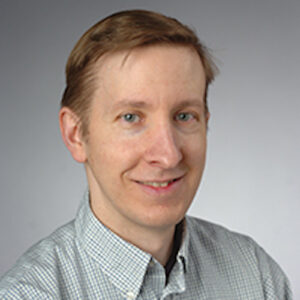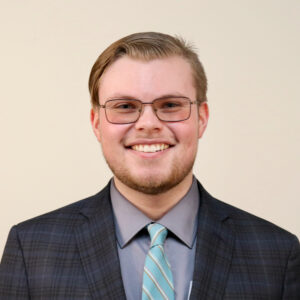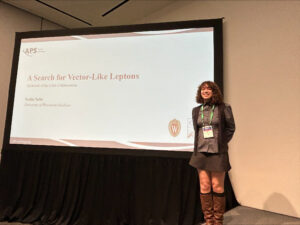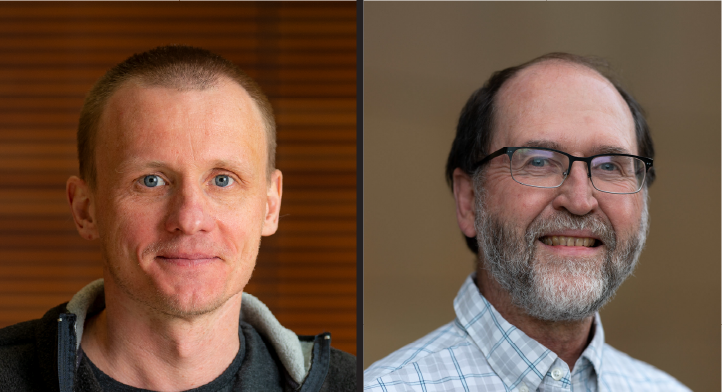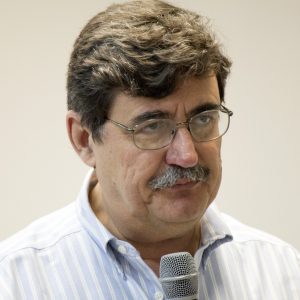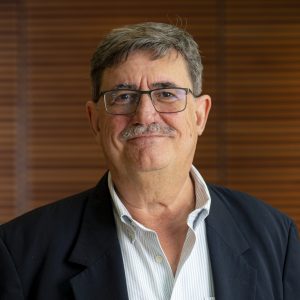
Congrats to Prof. Baha Balantekin on winning the American Physical Society’s 2025 Hans A. Bethe prize!
The Bethe prize is awarded to recognize outstanding work in theory, experiment or observation in the areas of astrophysics, nuclear physics, nuclear astrophysics, or closely related fields. Balantekin won “for seminal contributions to neutrino physics and astrophysics — especially the neutrino flavor transformation problem — both for solar neutrinos and the nonlinear supernova environment.”
Balantekin works at the intersection of particle physics, nuclear physics, and astrophysics. For much of his career, he has studied theoretical aspects of neutrino transport originating in the Sun, supernovae, or neutron star mergers.
“The concepts (I brought to the field) were marrying neutrino physics with many-body physics,” Balantekin says. “Of course, incorporating many-body aspects is common in condensed matter and nuclear physics, but it’s not as common in environments studied in astrophysics.”
Several fundamental astrophysical processes produce neutrinos as byproducts, and scientists have been studying neutrino origins and patterns for decades. Detecting the Sun’s neutrinos can reveal insights into its nuclear reactions, for example, and detecting neutrinos from core collapse supernovae can reveal insights into the early universe.
Balantekin’s early research was on the theory of neutrino transport from the Sun. He has also been studying core collapse supernovae, the result of a star running out of nuclear fuel. During collapse, a very hot star cools very quickly, emitting neutrinos on the order of 10^58.
“A number of that magnitude means you can no longer ignore the neutrino-neutrino interactions,” Balantekin says. “And then it becomes a very interesting many-body problem, where you have two-body interactions between neutrinos, and the propagation, and then it becomes a very complex problem.”
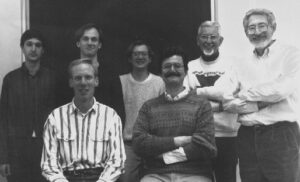
To describe this problem, has more recently begun using techniques from quantum information science to study entanglement of neutrinos with each other and to look at the signatures of such interactions and how they might contribute to heavy element formation.
The Bethe Prize was awarded solely to Balantekin, but he says he would not have won it without his collaborators over the years.
“You don’t do work in a vacuum,” Balantekin says. “I’ve worked with a lot of very talented young people. I would like to acknowledge first not only my graduate students at Wisconsin, but also the Fellows who came from the N3AS Physics Frontier Center we have. And the people I collaborate with around the world. We also have colleagues here in the department like Sue Coppersmith and Mark Saffman who contributed many ideas.”
The Bethe prize consists of $10,000 and a certificate citing the contributions made by the recipient. It is presented annually.
